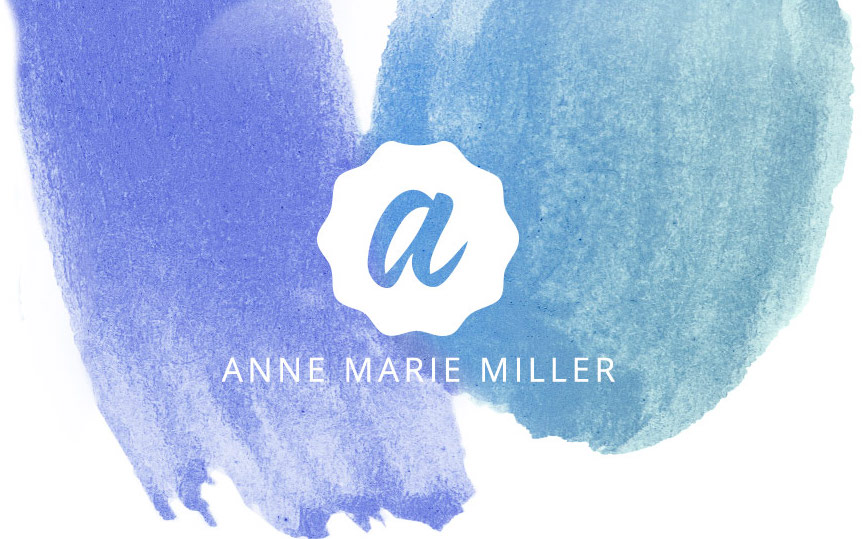
I was a high school freshman when I had my first panic attack. Heart palpitating and lightheaded from heavy breathing, I laid down and tried to take deep breaths, but my lungs didn’t want to cooperate.
What was happening? Was I having a heart attack? My heart kept pounding and my head kept spinning, and I wondered what they’d say the next day at school if I died. I could see the memorial page in the yearbook. Why couldn’t I take a decent school picture? I’d forever be remembered as the girl with a spiral perm and uncooperative ‘90s bangs. This fact only worsened my condition.
My dad comforted me by telling me my “irrational fear” would go away, and it did—for a little while. But then it came back and stayed, 20 years of constant panic.
Some days here and there, I’ll find mild relief, but I’m almost certain it’s here to stay. Most of the time, I’m functional and happy, and my anxiety lays dormant in the chemicals and synapses in my mind, hushed by medication that knows when it starts getting too loud.
Even on the quiet days, my anxiety can put a wall up around me, whispering (or shouting) how it’s not safe to go outside, how I’m better off alone. But I know God desires more for me. He wants me to have community, real friends. People I can lean on and people who can lean on me.
No matter who you are, cultivating friendships is a difficult process. As our developed societies have become more independent, we’ve felt the effects of disconnectedness on such a deep level, we’re afraid to admit it at times. Even though we have screens and pixels to connect us to anyone, anywhere, any time, we’ve never felt more lonely or unhappy in any decade in modern history. We’re surrounded by people everywhere we go—both physically and virtually—yet the need to feel that we belong somewhere is undeniably palpable.
As if the symptoms of an anxiety disorder aren’t damaging enough, coping with any mental illness (to name just a handful: depression, bipolar, ADD, and obsessive-compulsive disorders) can add to the challenge of finding community.Real community. Friends you can be vulnerable with. People you let into those places in your life that seem unbearable…
